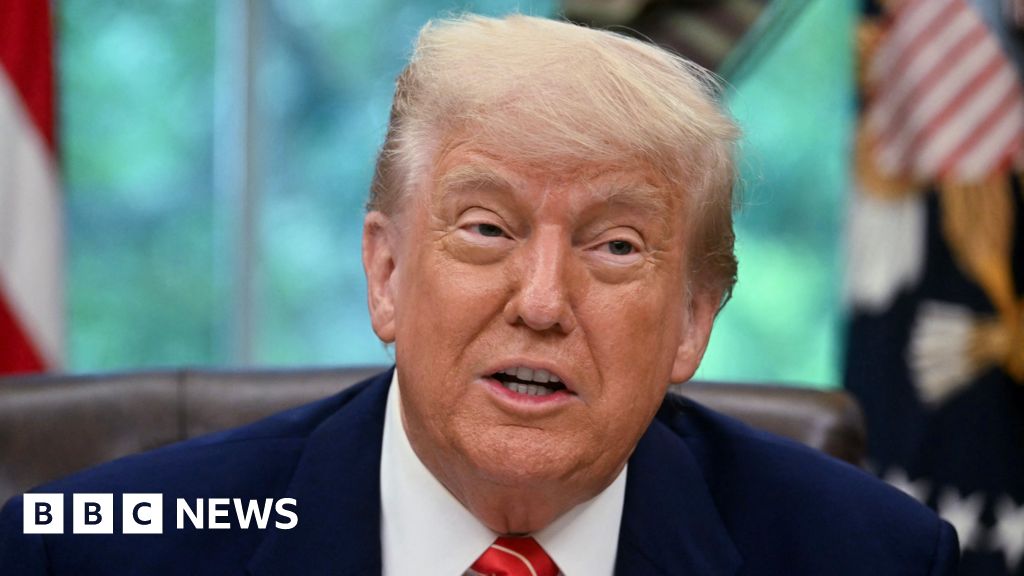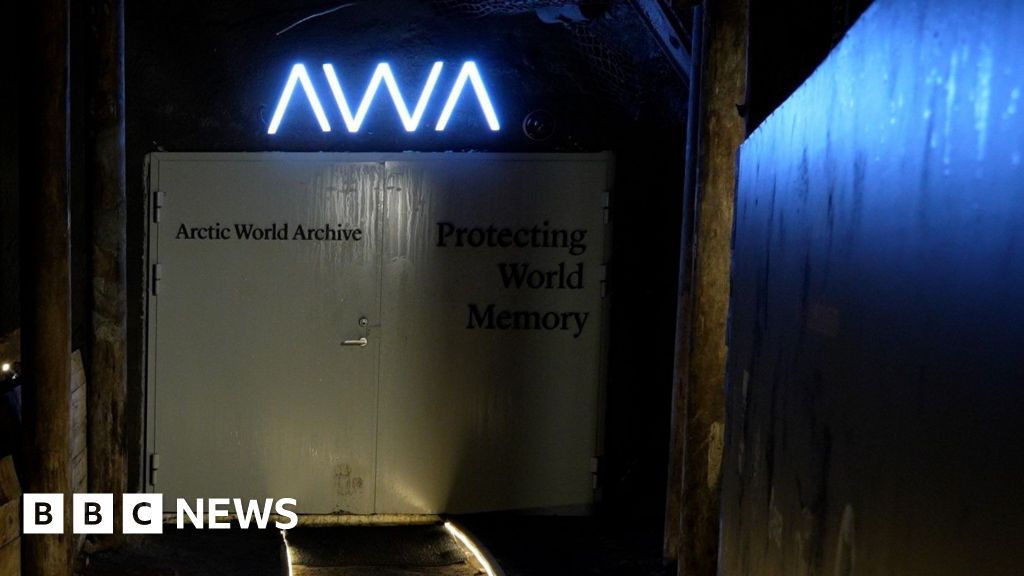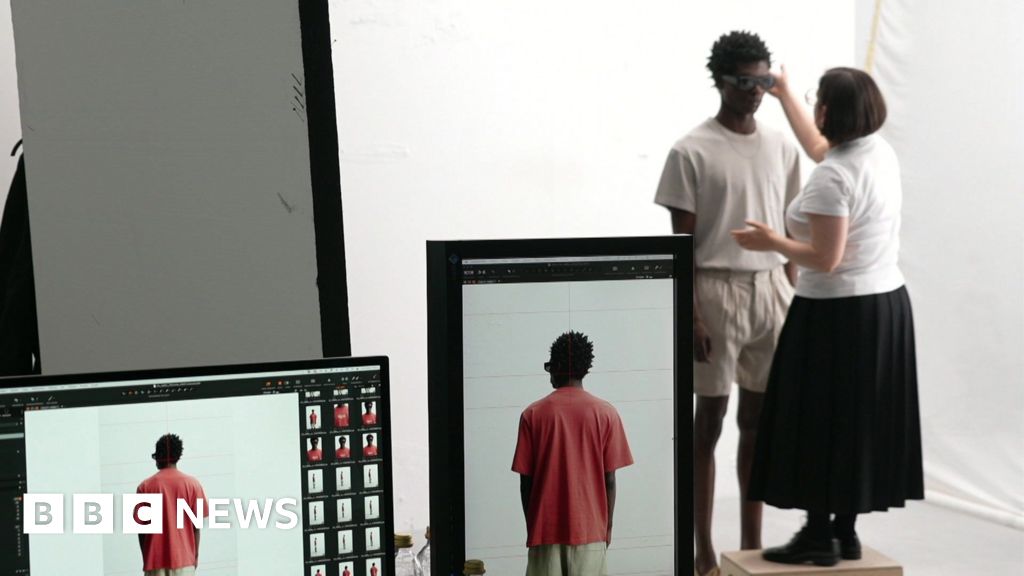ARTICLE AD BOX
 Image source, Getty Images
Image source, Getty Images
The Federal Reserve has raised interest rates to a 22-year high, which will increase costs for borrowers
The US central bank has raised interest rates to the highest level in 22 years as it fights to stabilise prices in the world's largest economy.
The decision lifted the Federal Reserve's influential benchmark rate to a range of 5.25% to 5.5%.
It marked the eleventh increase since early 2022, when the Fed started raising borrowing costs to try to cool the economy and ease price inflation.
The Fed warned previously it may push rates higher - though at a slower pace.
Wednesday's decision came ahead of central bank meetings in Europe and Japan.
In the UK, where inflation was 7.9%, the Bank of England is widely expected to raise its key rate at its next meeting from the current 5%.
In the US, some analysts said the Fed had done enough.
Inflation in the US was 3% in June. That was down from a peak of more than 9% last year, when prices were rising at the fastest pace in four decades.
"We think they're at a point where the Fed funds rate is restrictive enough to slow the economy, slow activity and allow inflation to trend lower," said Kathy Bostjancic, chief economist at insurance firm, Nationwide Mutual.
In theory, higher borrowing costs should reduce demand for loans for homes, business expansions and other activity, eventually cooling the economy and making it harder for firms to raise prices.
But the economy in the US has held up better than many expected so far - especially in the labour market, where jobs continue to be added at a robust pace and wages are rising.
Andrew Patterson, senior economist at Vanguard, said the Fed was worried about declaring victory prematurely, noting that so-called core inflation - which does not include food and energy prices - remained more than double the Fed's 2% inflation target.
He said policymakers were mindful of mistakes made in the 1960s and 1970s, when bank leaders embraced signs that inflation was easing only to see the problem flare up again.
"They had a positive inflation report this past month but ... they're going to want to see more of that going forward before they're comfortable," he said. "They're not going to take anything off the table or pin themselves into a corner."

 1 year ago
76
1 year ago
76








 English (US) ·
English (US) ·